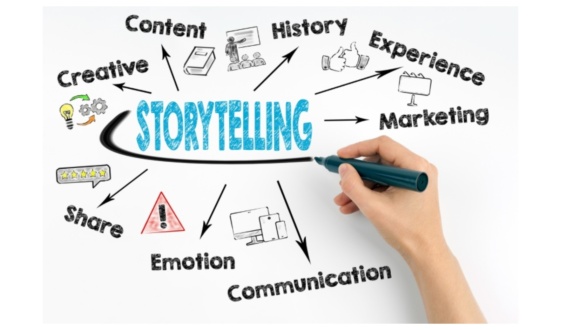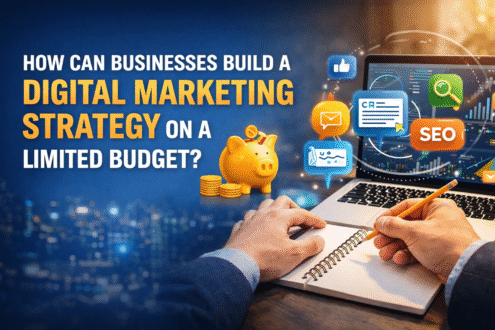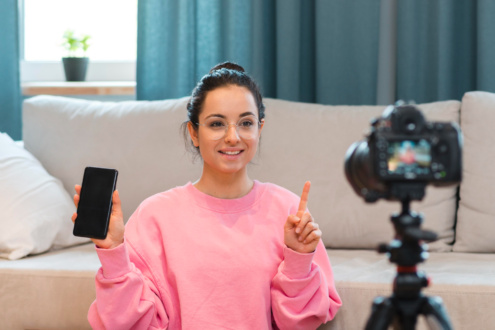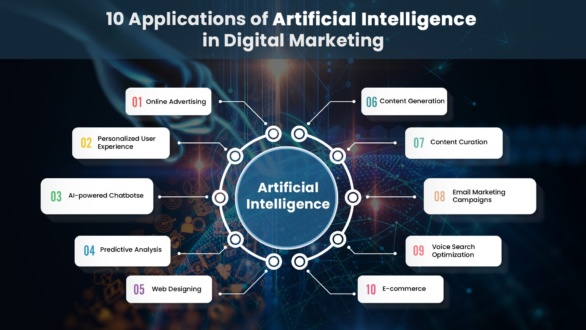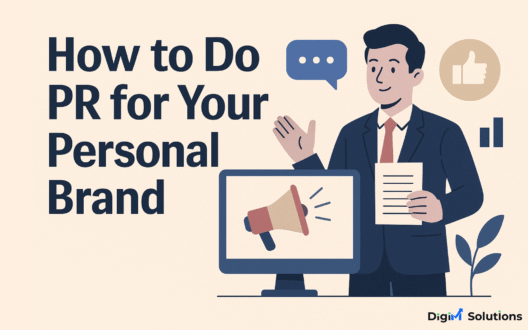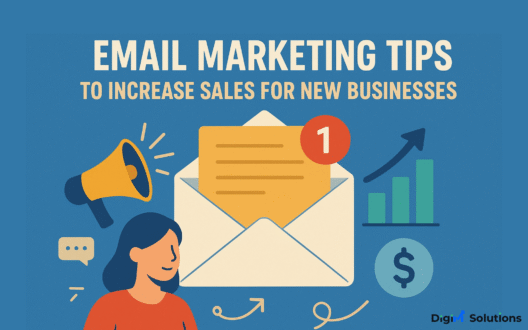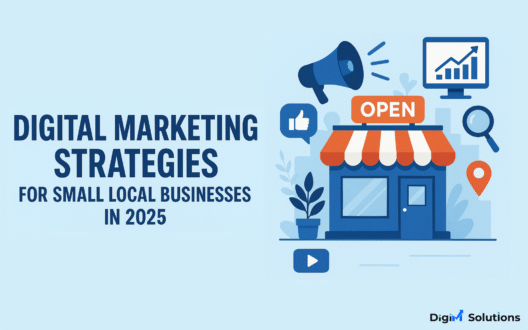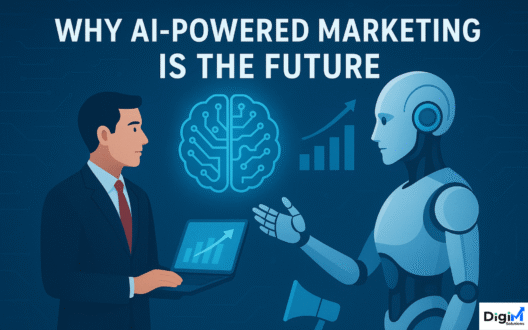Will Gemini AI Kill Paid Marketing? Smart ROI Strategies for 2025
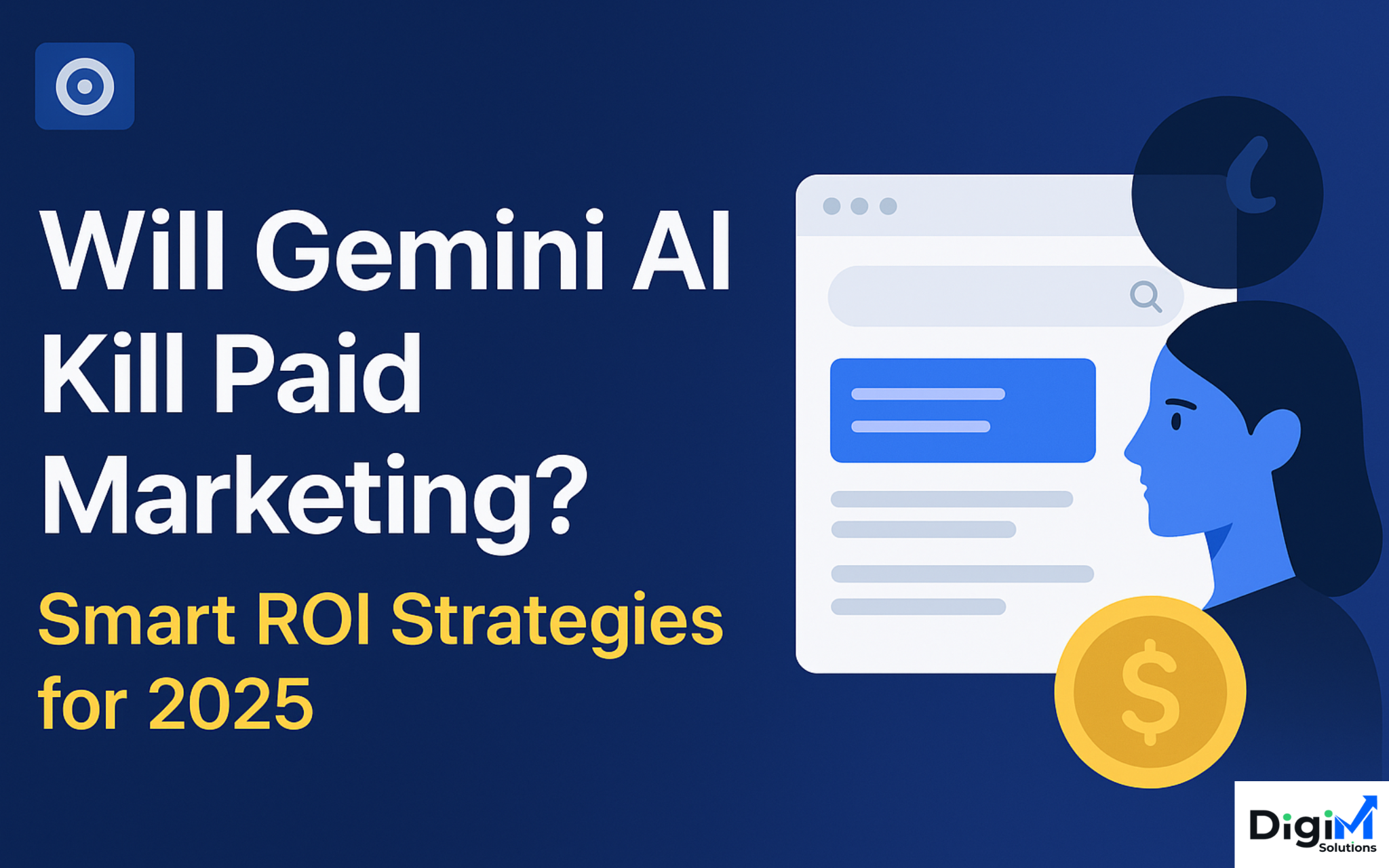
Gemini AI is Google’s latest AI-powered search assistant, designed to provide users with concise, answer-style results directly in search pages. Unlike traditional search results, Gemini AI often appears above paid ads and organic listings, giving users instant answers without needing to click through.
This shift has raised concerns among marketers: if ads are pushed below AI-generated results, click-through rates (CTR) may drop, potentially impacting ROI. However, paid marketing is far from dead. The key lies in adapting strategies to work alongside AI, ensuring ads remain visible, relevant, and effective.
In this blog, we’ll explore how Gemini AI is changing the search landscape, why paid marketing still matters, and actionable strategies to optimize ads for maximum ROI in 2025.
Gemini AI vs Paid Marketing – What’s Really Changing?
This section explains how Gemini AI impacts Google search results, pushing ads below AI-generated answers. It explores the potential drop in CTR and clarifies that AI is reshaping ad placement, not replacing paid marketing entirely, highlighting the need for smarter, more adaptive ad strategies.
How Gemini AI Appears in Google Search Results
Gemini AI is Google’s latest innovation in search technology, providing users with direct answers and insights above traditional search results. These AI-generated responses often appear in prominent answer-style boxes or interactive panels at the top of the search page. For users, this means faster access to information without needing to click on ads or organic links. While this improves user experience, it introduces new challenges for marketers relying on visibility through Google Ads.
Impact on Ad Visibility & CTR
One of the most immediate effects of Gemini AI is its shift in ad placement. Paid ads that used to occupy top positions are now often pushed further down the search results page. This change can lead to a drop in click-through rates (CTR) since users may engage directly with the AI’s answers instead of scrolling down to click on an ad. For businesses heavily reliant on Google Ads, this shift requires a re-evaluation of ad strategy to ensure continued ROI.
Will AI Replace Paid Ads, or Is It Just a Shift in Placement?
Despite concerns, Gemini AI is not replacing paid marketing entirely. Rather, it is reshaping how users interact with search results. Ads are still essential for businesses seeking visibility, especially when targeting transactional or high-intent keywords. The key difference is that marketers now need to adapt their campaigns—focusing on relevance, creative ad copy, and precise targeting—to remain competitive in this AI-influenced landscape.
Why Paid Marketing Still Matters in 2025
Paid marketing remains crucial due to instant visibility, precise audience targeting, and high-intent traffic. This section highlights why startups and small businesses cannot rely solely on AI or organic results, emphasizing how well-optimized ads continue to deliver measurable ROI and drive conversions despite the rise of AI-driven search features.
Paid Ads = Immediate Visibility
Paid marketing provides instant visibility, unlike organic listings or AI suggestions, which may not directly lead users to a business website. Startups and small businesses especially benefit from this immediate exposure, helping them attract customers quickly in a crowded market.
Control Over Targeting & Budget
With paid campaigns, marketers have full control over audience targeting, ad placement, and budgets. Gemini AI can influence user behavior but cannot replace the precise targeting capabilities of paid ads. Businesses can choose demographics, interests, locations, and even device types, ensuring their ads reach the right people at the right time.
Higher Intent Traffic Through Transactional Keywords
Paid campaigns also allow businesses to capture high-intent traffic using transactional keywords such as “buy,” “hire,” or “book.” While AI might answer informational queries, ads can directly target users ready to make a purchase, driving better conversions and measurable ROI.
Common Reasons Paid Campaigns Fail in the Gemini Era
Broad Match Targeting Wasting Budget
Many advertisers rely on broad match keywords, hoping to capture more traffic. However, in the Gemini AI era, this often wastes budget on irrelevant clicks. Since AI-generated answers already satisfy many informational queries, broad targeting can lead to impressions without meaningful engagement, reducing ROI significantly.
Weak Ad Copy That Doesn’t Stand Out from AI Answers
With Gemini AI providing concise, informative answers, traditional ads can easily be overlooked. Weak ad copy that lacks offers, urgency, or emotional triggers struggles to compete against AI responses. Ads must now be clear, compelling, and differentiated to capture user attention above or below AI-generated content.
Low Quality Score Pushing Ads Further Down
Google’s Quality Score remains a critical factor in ad placement. Ads with poor relevance, low CTR, or weak landing pages are pushed further down, making it even harder to compete in the AI-influenced search landscape. Maintaining high-quality ads ensures visibility despite AI-driven search features.
Ignoring Local Targeting and Long-Tail Queries
Many campaigns fail by overlooking geographic and long-tail keyword opportunities. Gemini AI often handles general queries, but ads targeting specific locations or highly specific searches capture users with strong purchase intent. Ignoring these niches leads to missed opportunities and decreased ROI.
How to Optimize Ads and Still Get ROI
Even with Gemini AI reshaping search results, paid marketing can remain highly effective. The key is strategic optimization: targeting the right keywords, crafting compelling ad copy, leveraging local intent, and improving landing pages. This section highlights actionable strategies to maximize CTR, conversions, and ROI despite AI-driven shifts in search behavior.
Use Exact Match + Negative Keywords to Reduce Wasted Spend
Switching to exact match keywords ensures ads are shown only to highly relevant searches. Combined with negative keywords, this approach reduces wasted impressions and keeps your budget focused on users most likely to convert.
Improve Ad Copy with Offers, Urgency, and Emotional Triggers
To compete with Gemini AI, ad copy must be compelling and action-driven. Include promotions, limited-time offers, and emotional triggers that encourage users to click, increasing CTR and engagement.
Leverage Local & “Near Me” Keywords Where Gemini Is Weaker
Gemini AI tends to focus on broad informational queries, leaving local searches less optimized. Ads targeting local intent—like “digital marketing agency near me”—capture users actively seeking services in their area.
Optimize Landing Pages for Speed, Relevance, and Conversions
Even well-targeted ads fail without optimized landing pages. Ensure pages load quickly, match ad messaging, and guide users toward conversion. This maximizes ROI and complements paid ad efforts.
Test Performance Max & Responsive Ads for Adaptability
Google’s Performance Max and responsive ad formats automatically adjust creatives and placements. Testing these ensures your campaigns remain adaptable, relevant, and competitive in an AI-dominated search environment.
Paid Marketing Strategies for Startups & Small Businesses
For startups and small businesses, every marketing rupee counts. In the era of Gemini AI, reaching the right audience efficiently is more important than ever. Unlike large enterprises, small businesses must prioritize high-intent targeting, precise budgets, and data-driven experimentation. This section explores actionable strategies to maximize ROI without overspending.
Focus on Micro-Budgets with High-Intent Targeting
Startups should adopt micro-budget campaigns that concentrate on users ready to convert. Instead of spreading spend thinly across broad audiences, focus on high-intent keywords like “hire a digital marketing agency in Hyderabad.” This ensures each rupee drives meaningful engagement, reducing wasted ad spend and improving ROI.
Geo-Specific Ads
Local targeting is a critical advantage small businesses can leverage. Using geo-specific ads—for example, “Hyderabad digital marketing agency” instead of a generic “digital marketing agency”—captures users actively searching for services in their area. This approach not only improves CTR but also increases lead quality by attracting local prospects.
A/B Testing Creatives Weekly
Constant experimentation is essential. A/B testing ad creatives weekly helps identify which messaging, visuals, or offers resonate most with your audience. Small adjustments in copy, headlines, or call-to-actions can significantly improve engagement and CTR, keeping campaigns competitive even against AI-generated search answers.
Tracking ROI Beyond Clicks
Clicks alone do not measure success. Startups must track conversions, leads, and sales to assess true ROI. Tools like Google Analytics and conversion tracking allow small businesses to understand which campaigns generate actual revenue and optimize campaigns accordingly.
Future of Paid Marketing in the Age of AI
AI like Gemini is transforming search behavior, but it doesn’t eliminate the need for paid marketing. Instead, it reshapes how users interact with ads and elevates the importance of personalization, context, and strategic integration. Businesses that adapt to these changes will remain competitive while maintaining strong ROI.
AI Won’t Replace Ads, but Reshape Interaction
Users may rely on AI for informational queries, but paid ads remain crucial for transactional and high-intent searches. Ads now need to complement AI results, offering clarity, urgency, and actionable steps that AI cannot provide, ensuring businesses stay visible to potential customers.
Ads Must Be Personalized and Context-Driven
Generic ads are less effective in an AI-dominated landscape. Future campaigns must leverage audience data, browsing behavior, and intent signals to deliver highly personalized, context-driven ads. This approach increases engagement, differentiates your brand, and improves CTR.
Balancing Paid Ads, AI Insights & Organic Visibility
A successful strategy in 2025 integrates paid campaigns, AI insights, and organic SEO. Paid ads drive conversions, AI provides insights into user intent, and organic results maintain long-term visibility. Businesses that balance all three channels will outperform competitors and sustain ROI in an AI-influenced search ecosystem.
Conclusion
As Gemini AI continues shaping search results, businesses may worry about paid marketing becoming obsolete. In reality, paid marketing isn’t dead—lazy campaigns are. Success now requires strategic targeting, creative copy, and continuous optimization to stay visible and competitive.
Paid marketing in 2025 demands focus on relevance, audience targeting, and high-quality creatives. Gemini AI forces advertisers to rethink their approach, emphasizing campaigns that complement AI search behavior rather than compete blindly.
This is where Digim Solutions comes in. We help businesses—especially startups and small businesses—optimize Google Ads and other paid campaigns to achieve maximum ROI. From keyword strategy and ad copy creation to geo-targeting, A/B testing, and landing page optimization, we ensure every rupee spent drives meaningful conversions. With our expertise, businesses can stay ahead of AI-driven search changes and continue attracting high-intent traffic effectively.
Businesses that adapt to these changes—optimizing keywords, leveraging local intent, personalizing ads, and integrating AI insights—will continue to generate ROI, attract high-intent traffic, and stay ahead in a rapidly evolving digital landscape.
Request a free quote
We offer professional SEO services that help websites increase their organic search score drastically in order to compete for the highest rankings even when it comes to highly competitive keywords.


